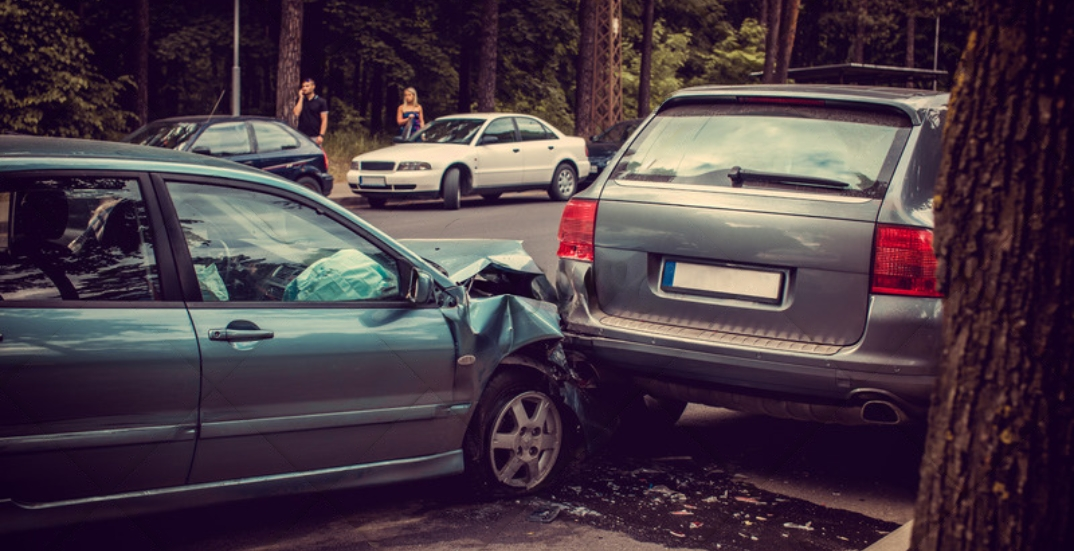
When a person sustains an injury caused by the negligent actions of another individual or company, they will likely be able to recover various types of compensation. Usually, individuals think of economic and non-economic damages, the kinds of compensation that pay medical bills, lost wages, and pain and suffering damages. However, punitive damages may also be available. Even though these types of damages are less common than the other types mentioned, they can be equally as important in certain situations.
Explaining Punitive Damages
Under West Virginia Code Section 55-7-29, we can see that it is possible for plaintiffs (injury victims for a personal injury case) to recover punitive damages. This is compensation that is not part of the typical compensatory damages available for an injury claim. Compensatory damages are composed of compensation for medical bills, lost wages, pain and suffering damages, and more.
Punitive damages are not considered compensatory. As the name suggests, these damages act more as a punishment to the defendant (the person or entity alleged to have caused the injury) as well as a deterrent of this type of behavior to any other parties. Punitive damages are also in place to help encourage fair settlement offers to begin with.
Under West Virginia law, punitive damages can be awarded in one of two ways:
- The defendant acted with malice towards the plaintiff and caused them harm, or
- The defendant acted with a “conscious, reckless and outrageous indifference to the health, safety and welfare of others.”
In general, punitive damages are rarely awarded in West Virginia personal injury claims. Proving one of those two factors is challenging because this has to rise above the standard of ordinary negligence typically used to win a personal injury claim. You will often hear individuals describe the awarding of punitive damages only in situations where the actions of the defendant “shock the conscience of the court.”
Some examples of situations where punitive damages may be awarded include the following:
- Accidents involving drunk- or drug-impaired driving
- Hit-and-run accidents
- Nursing home abuse and neglect claims
- Insurance bad faith claims
- Commercial truck accidents involving egregious conduct by a truck driver or truck company
- Product liability claims where the manufacturer knew about a hazardous condition but failed to recall the product
If you have any questions about whether or not your particular claim should involve punitive damages, we encourage you to reach out to an experienced Martinsburg injury attorney regarding your case as soon as possible.
Are There Punitive Damage Caps in West Virginia?
In 2015, the punitive damages law in West Virginia was changed with the aim of limiting the total amount of punitive damages a plaintiff can be awarded. The law specifically states that the amount of punitive damages awarded for a civil action cannot exceed more than four times the amount of the compensatory damages, or $500,000, whichever figure is greater.
In other words, if a person was injured due to the grossly negligent actions of a truck driver or trucking company, and a jury awards the plaintiff $300,000 in compensatory damages, the most they would be able to receive in punitive damages is $1,200,000, which is four times the compensatory damage amount. This would mean that the total damages awarded would be $1,500,000.




